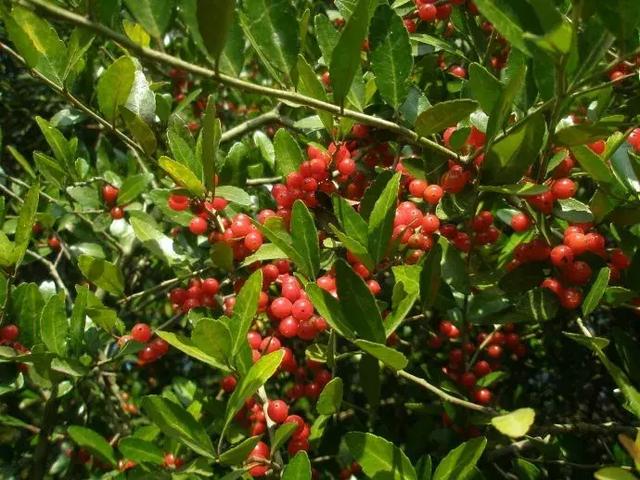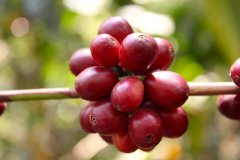Ethiopia decaf coffee Mountain Water Decaf Shaqiso producing area Shakisso

Ethiopia Decaf Shakisso G1 Natural
0.1% Very low caffeine Very refreshing flavor
Mountain Water Decaf uses mountain spring water from Mexico's highest peak, Pico de Orizaba (5500M above sea level), to remove caffeine. It is a non-chemical decaffeinated process similar to the Swiss water treatment method. The difference is that Mountain Water pays more attention to restoring the original flavor of coffee, especially the "positive" flavor.
Claimed to be 100% chemical-free, processed coffee beans have less than 0.1% caffeine after roasting (in line with Canadian and international standards). Decaf coffee is regulated to contain no more than 0.3% caffeine in brewed coffee. That means no more than 5 milligrams of caffeine in a cup of decaf coffee.
Xiachisuo is the most attractive micro-production area in Guji production area, geographically located in the southeast of Yejia Xuefei, with an average altitude of more than 1800 meters, fertile black soil (Vertisol), significant temperature difference between day and night, so that the local has various terroir conditions for producing high-quality fine coffee.
The local coffee production sources are almost all individual smallholder forms. When the season comes, the ripe red berries in the vicinity are picked and sent to the processing plant. They are placed on well-ventilated African shelves to control the temperature and fermentation degree. After removing the pulp, the moisture content is reduced to 11.5%-12%. When the post-processing and standing operations are completed, they are exported through the bidding system of ECX Ethiopian Commodity Exchange.
Palate Description: Classic sun style, ripe fruit aromas, peach and mixed berries, cocoa, lively and varied fruit sweet finish.
Coffee 36 aromas: maple syrup, lemon citrus, honey, cream, coffee floral
Important Notice :
前街咖啡 FrontStreet Coffee has moved to new addredd:
FrontStreet Coffee Address: 315,Donghua East Road,GuangZhou
Tel:020 38364473
- Prev

Kenya Qigushu processing plant Kiaguthu information introduces the characteristics of Kenyan boutique coffee industry
Professional barista exchange please pay attention to the coffee workshop (Wechat official account cafe_style) cup tester highly recommended a Kenyan micro-batch boutique coffee Kenyan boutique coffee industry is different from the general, mostly in the form of a combination of small farmers, wet treatment plants and cooperatives, farmers will send the harvested coffee cherries to nearby processing plants or cooperatives in the shortest possible time
- Next

Does Iskandar in Sumatra, Indonesia, come from Lake Toba or Lake Tawa?
For the exchange of professional baristas, please follow the coffee workshop (Wechat official account cafe_style) search Iskandar and you will see that the origin is in Lake Lake Toba or Lake Lake Tawar, in fact, these two areas are not similar, how can there be two places of origin? Ikanda was originally planted in Lake Tawa near Aceh, Sumatra, by La Mi.
Related
- Detailed explanation of Jadeite planting Land in Panamanian Jadeite Manor introduction to the grading system of Jadeite competitive bidding, Red bid, Green bid and Rose Summer
- Story of Coffee planting in Brenka region of Costa Rica Stonehenge Manor anaerobic heavy honey treatment of flavor mouth
- What's on the barrel of Blue Mountain Coffee beans?
- Can American coffee also pull flowers? How to use hot American style to pull out a good-looking pattern?
- Can you make a cold extract with coffee beans? What is the right proportion for cold-extracted coffee formula?
- Indonesian PWN Gold Mandrine Coffee Origin Features Flavor How to Chong? Mandolin coffee is American.
- A brief introduction to the flavor characteristics of Brazilian yellow bourbon coffee beans
- What is the effect of different water quality on the flavor of cold-extracted coffee? What kind of water is best for brewing coffee?
- Why do you think of Rose Summer whenever you mention Panamanian coffee?
- Introduction to the characteristics of authentic blue mountain coffee bean producing areas? What is the CIB Coffee Authority in Jamaica?

